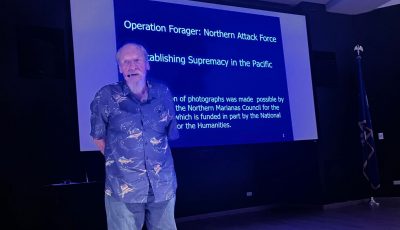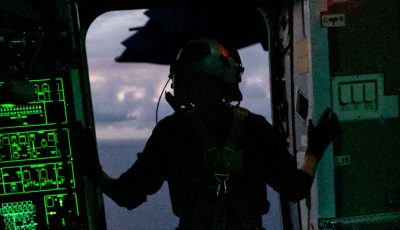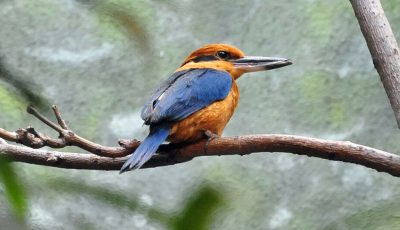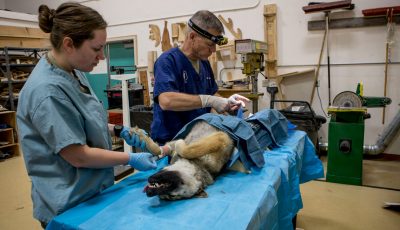American Sāmoan nationals should vote for automatic US citizenship, not by judicial fiat
Editor’s Note: This column was originally published in the Honolulu Star Advertiser newspaper in Hawaii last Oct. 8, 2020. It is being republished here with the author’s permission.
On Sept. 24, the Star Advertiser’s online edition posted an Associated Press article of yet another U.S. appeals court in Denver considering the status of American Sāmoan citizenship (“U.S. appeals court in Denver considers status of American Samoa citizenship”).
Recently, I have seen an uptick in the way that U.S. citizenship is being used as a stick to measure inclusiveness of American Sāmoans as Americans by non-Sāmoans. There is an underbelly to this conversation that if an American Sāmoan is not a U.S. citizen, then they are not American. It is an attitude that implies American Sāmoans serving or retired from the U.S. Armed Forces are hoodwinked into service for a country that does not “give” them citizenship. Not so! American Sāmoans as territorial U.S. nationals may naturalize to become U.S. citizens; it is an individual decision.
Self-determination for American Sāmoans is the more important and neglected issue in this ongoing discourse. American Sāmoans should decide if they want to become automatic U.S. citizens. This should be done through the democratic process in which American Sāmoans vote to decide whether they desire to change their political status. Then, their U.S. congressional delegate should lobby for the desire of their electorate in the U.S. Congress just as every other U.S. territory has done to obtain U.S. citizenship.
Instead, several American Sāmoans are trying to push their personal agendas through the judicial system, in continental America, to force automatic citizenship vis-à-vis judicial fiat. Most people do not realize that no one is stopping any American Sāmoan from naturalizing and becoming U.S. citizen through an already existent expedited process and fee. The continental circuit courts have become dizzied with the various U.S. citizenship cases coming before them in multiple states. Each is reading different Supreme Court cases and selecting precedent without rhyme or reason of consistency as they try to decide, “Should we grant U.S. citizenship to an entire people?”
This is critically important because unilateral bestowal of U.S. citizenship may have the secondary consequence of undoing American Sāmoan culture. Two of the most important aspects of American Sāmoan culture are communal (family owned) lands and the Fa’amatai (traditional chiefly system). Communal lands are administered by the Fa’amatai and cannot be owned by non-American Sāmoans. The American Sāmoan Senate chamber is composed of only American Sāmoan matai. The many Political Status Review Commissions have never taken any action on U.S. citizenship because many American Sāmoans felt threatened since the U.S. Constitutional Due Process and Equal Protections Clauses may very well be used to grant ownership of communal lands to those who are not American Sāmoan. Political Status Review Commission seeks public comment on the political status and citizenship issues. How long will it take before a non-American Sāmoan files a lawsuit because they cannot own communal lands that they live on? Legal think tanks in Washington, D.C. as well as U.S. citizens in American Sāmoa will shout from the mountaintops that those arguments represent irrational fears and U.S. citizenship will not cause any disruptions to the American Sāmoan way of life.
Kanaka Maoli here in Hawai`i have the wisdom of hindsight in dealing with endless judicial fights to preserve Hawaiian lands and the onslaught of federal lawsuits by U.S. citizens demanding equality and fairness in traditional spaces. I do not think there is an irrational or misplaced fear that judicial fiat that grants birthright U.S. citizenship to all American Sāmoans will result in anything other than what can be seen right here in Hawai`i to Hawaiian culture.
American Sāmoans should decide in the democratic process by electoral vote to become automatic U.S. citizenship in American Sāmoa.
Line-Noue Memea Kruse (Special to the Saipan Tribune)
Line-Noue Memea Kruse, Ph.D. is an adjunct faculty in Pacific Islands Studies at Brigham Young University of Hawaii and University of Hawaii West O’ahu.



























